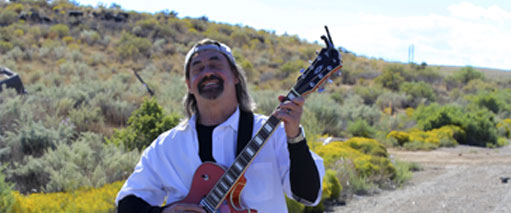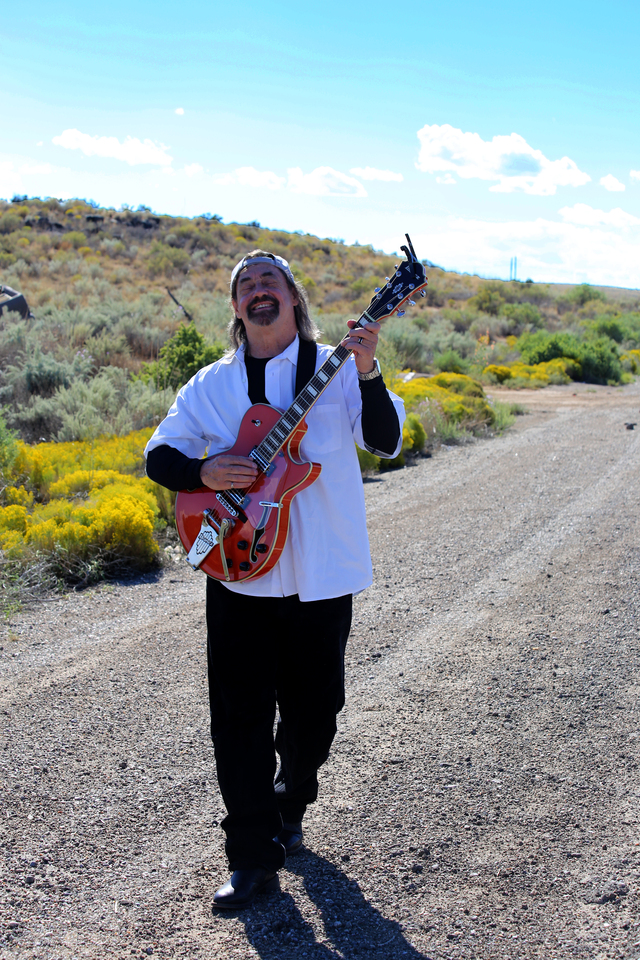Music Interview: Rocanrol Recovery
Local Doctor Uses Music To Address Opioid Crisis


Dr. Larry Abramson
Photo by Justin Morgan
Latest Article|September 3, 2020|Free
::Making Grown Men Cry Since 1992


Dr. Larry Abramson
Photo by Justin Morgan